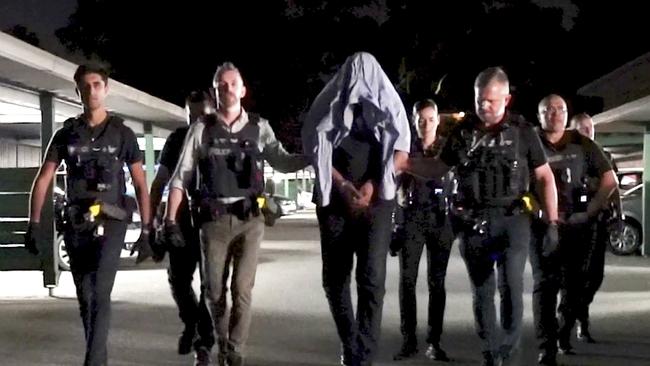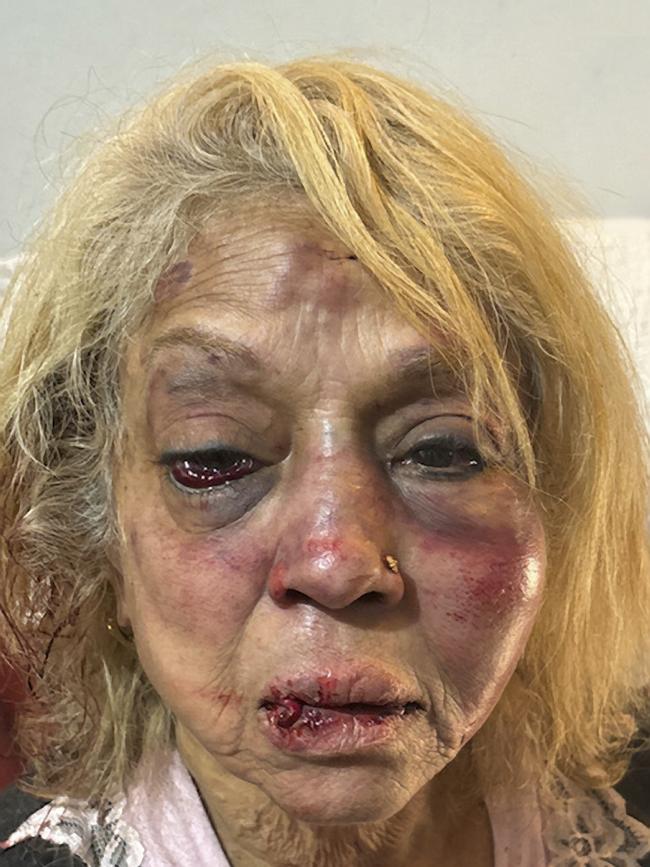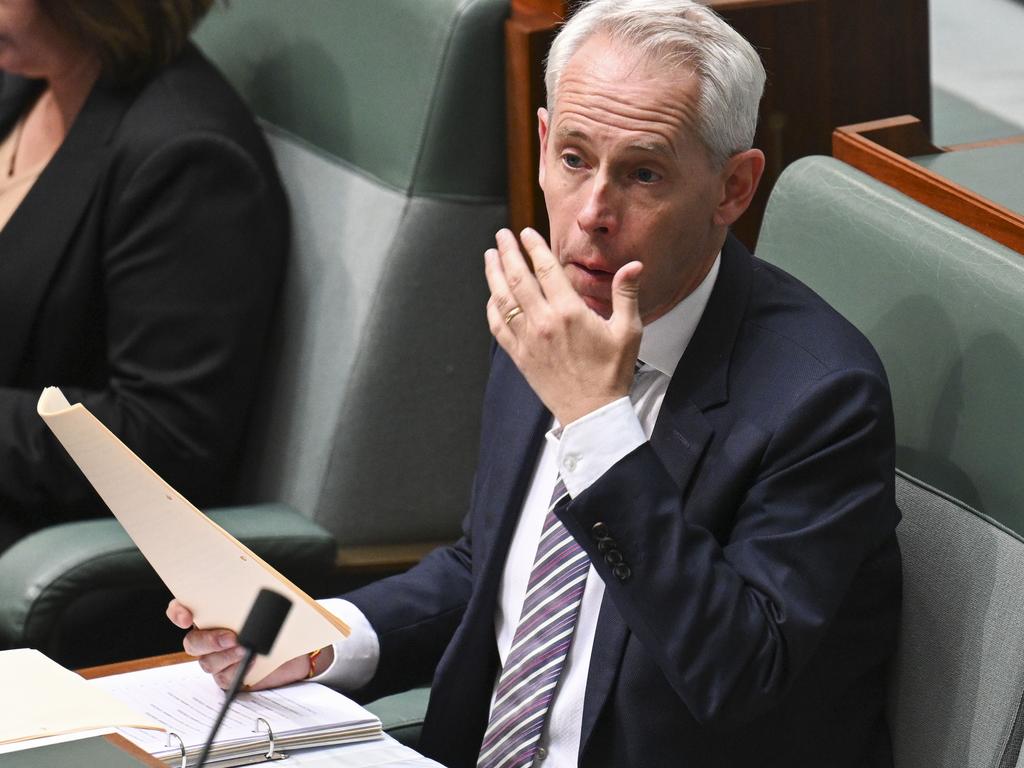Freed detainee Majid Jamshidi Doukoshkan ‘helped distribute meth across WA’
Despite playing a major role in distributing drugs before being accused of bashing a Perth gran, court transcripts reveal why the government’s prospects of deporting Majid Jamshidi Doukoshkan are slim.

The freed immigration detainee accused of bashing a Perth grandmother during a home invasion was playing a necessary and significant role in distributing “serious” quantities of meth across Western Australia five years after Australia gave him sanctuary as a refugee.
Majid Jamshidi Doukoshkan was among a sustained wave of asylum seekers to reach Christmas Island by boat when the Rudd-Gillard Labor government was in power between 2007 and 2013. Doukoshkan arrived in 2010 but has been flagged for deportation since 2015 when he was charged with serious drug offences. In November last year, he was one of 152 people released from immigration detention facilities by a High Court ruling that detention is unlawful in cases where there is no forseeable prospect of deportation.
A transcript of Doukoshkan’s 2017 sentencing reveals why the government’s prospects of deporting him are slim — he has been recognised as a refuge and therefore cannot be returned to his country of origin.
At Doukoshkan’s 2017 sentencing hearing for drug trafficking offences, the Perth District Court heard that he had been tortured in Iran by authorities who suspected that he and his father were spies. The court heard this was because Doukoshkan’s brothers had migrated to the US, where one worked in IT and one worked for the military.
Born in Kuwait, Doukoshkan had what Judge Gillian Braddock described as a a good education at the International English School in Kuwait. The Kuwait International English School is described online as a private school and one of Kuwait’s best. Judge Braddock said the skills that Doukoshkan brought to his job at a migrant help centre in Perth where also “very useful” in the drug distribution operation.

“It is clear to me that you played a part in the distribution of methamphetamine into the community in Western Australia through friends and others and that you also did the bidding and made yourself useful to people who were in a position to organise the arrival by mail, or by courier, of large quantities, from 300, 350 grams to potentially over a kilogram of pure methamphetamine,” Judge Braddock said.
“I consider that your role was a necessary role in that distribution, that you were very useful because, particularly, of your skills, that were also useful in your employment; that is to say, your competence in languages and your ability to deal with officialdom.”
Judge Braddock said she did not consider that Doukoshkan was “at the top, of this business”. Instead, he became a methamphatamine user and addict.
“You were asked to do things by others. You became involved willingly. You are more than aware that you should not have done it, but your position at the time made that difficult for you to resist,” Judge Braddock said.
On March 28, 2017, Doukoshkan was sentenced to eight years in prison for his role in the drug distribution business. His sentence was backdated to August 26, 2015 when he was arrested and he was made eligible for parole.
Judge Braddock gave Doukoshkan a 15 per cent discount on his sentence for pleading guilty and sparing the state from the expense of a trial.
She acknowledged two character references from people who knew Doukoshkan and variously described him as hardworking, popular and “a very good man”. She said he was well regarded at the migrant help centre, where he assisted with things such as rental applications.
“No doubt you assisted many people at a very difficult time of their lives,” Judge Braddock said.
The Australian has been told that at the completion of his sentence, Doukoshkan went directly from jail to immigration detention because it was Australia’s intention to deport him as soon as it was possible.
In some cases, third countries have been willing to take asylum seekers who have been found by Australia to be refugees. However, Doukoshkan was a declared drug trafficker, which made him ineligible to live in some countries and unattractive to others.
He was held at the Yongah Hill Detention Centre in the West Australian wheatbelt town of Northam until November when he and other detainees were bussed to Perth as a result of the High Court ruling. He was living in East Perth with an ankle monitor that detected him breaking his curfew six times. He was supposed to be at home between 10pm and 6am each day. On another ocassion he let the battery in the monitor go flat. He declined to be interviewed by Australian Federal Police about the breaches.
Doukoshkan then committed at least two more offences. His ankle monitor was removed in a decision signed off by a delegate for Immigration minister Andrew Giles. Then he was allegedly involved in an attack on Ninette Simons, 73, and her husband Philip, 76, on April 16.
He and his accomplices are alleged to have used a stolen police badge to talk their way into the couple’s Girrawheen home before tying Mr Simons up, bashing Mrs Simons until she blacked out and then making off with the couple’s life savings in the form of $200,000 worth of jewellery.






